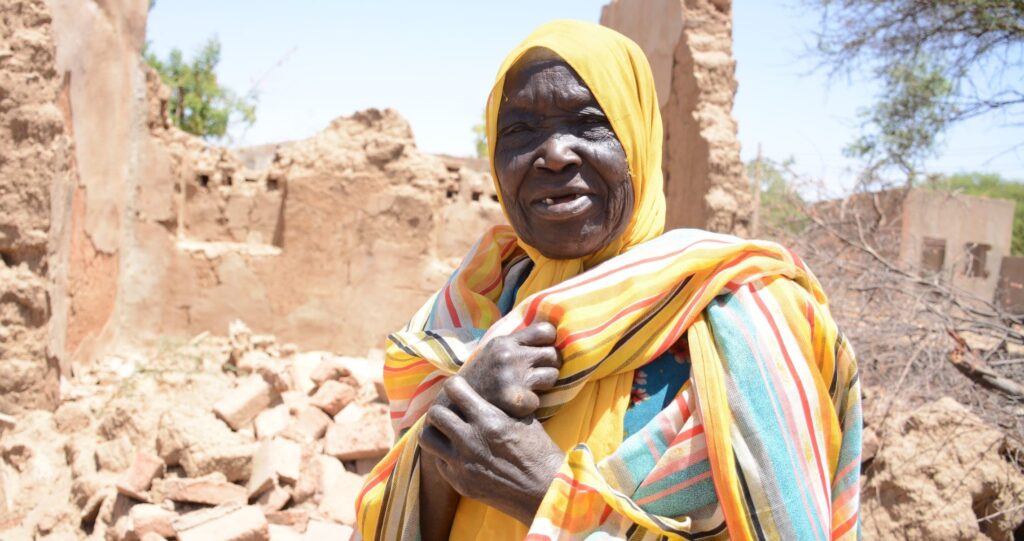The United States, Saudi Arabia, the United Arab Emirates and Egypt on Friday proposed a three-month humanitarian truce in Sudan, followed by a permanent cease-fire, as part of a roadmap to end the country’s devastating conflict.
In a joint statement, the foreign ministers of the four nations — known as the “Quad” — called for an immediate and lasting halt to the fighting, along with a nine-month transitional process to establish a civilian-led government.
“There is no viable military solution to the conflict, and the status quo creates unacceptable suffering and risks to peace and security,” the statement said.
The Quad countries are considered to have the most influence over Sudan’s warring factions — the Sudanese army and the paramilitary Rapid Support Forces (RSF) — whose civil war has fueled the world’s worst humanitarian crisis and pushed parts of the country into famine.
Neither the army nor the RSF immediately responded to the proposal.
The UAE has been accused by the army of backing the RSF, a claim U.S. lawmakers and analysts have deemed credible. The Gulf state has repeatedly denied the allegations. Egypt, and to a lesser extent Saudi Arabia, have supported the army.
The Quad reaffirmed support for Sudan’s unity, as the RSF has begun establishing a rival administration in territory under its control. Last year, it swore in its own leadership and now dominates most of the Darfur region, using it as a base for its parallel government.
Fighting continues in Darfur’s historical capital, al-Fashir, where the RSF has imposed a siege that has worsened hunger in the city. In June, U.N. Secretary-General António Guterres called for a weeklong cease-fire in al-Fashir — a call the army accepted but the RSF rejected.
The joint statement also rejected any future role in Sudan for the Muslim Brotherhood or affiliated groups — longtime adversaries of the four nations. The reference was seen as targeting the Islamists who ruled Sudan for nearly three decades before being ousted in 2019, and who have resurfaced during the war in support of the army.
In line with that stance, the United States on Friday imposed sanctions on Sudanese Finance Minister Jibril Ibrahim, leader of the Justice and Equality Movement, as well as the Baraa Ibn-Malik Brigade, an Islamist militia that has fought alongside the army.
The sanctions are intended “to limit Islamist influence within Sudan and curtail Iran’s regional activities,” the U.S. Treasury Department said.




